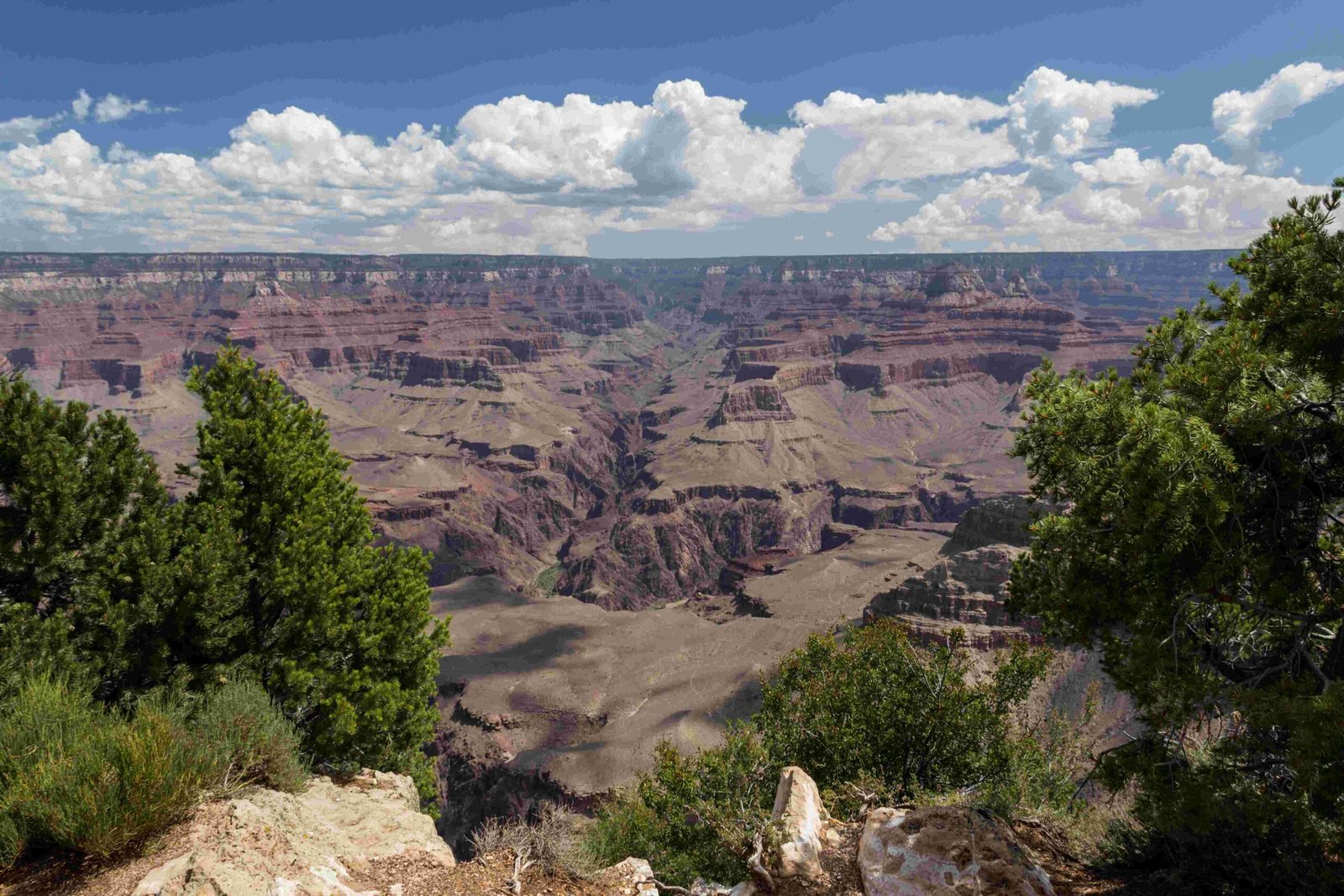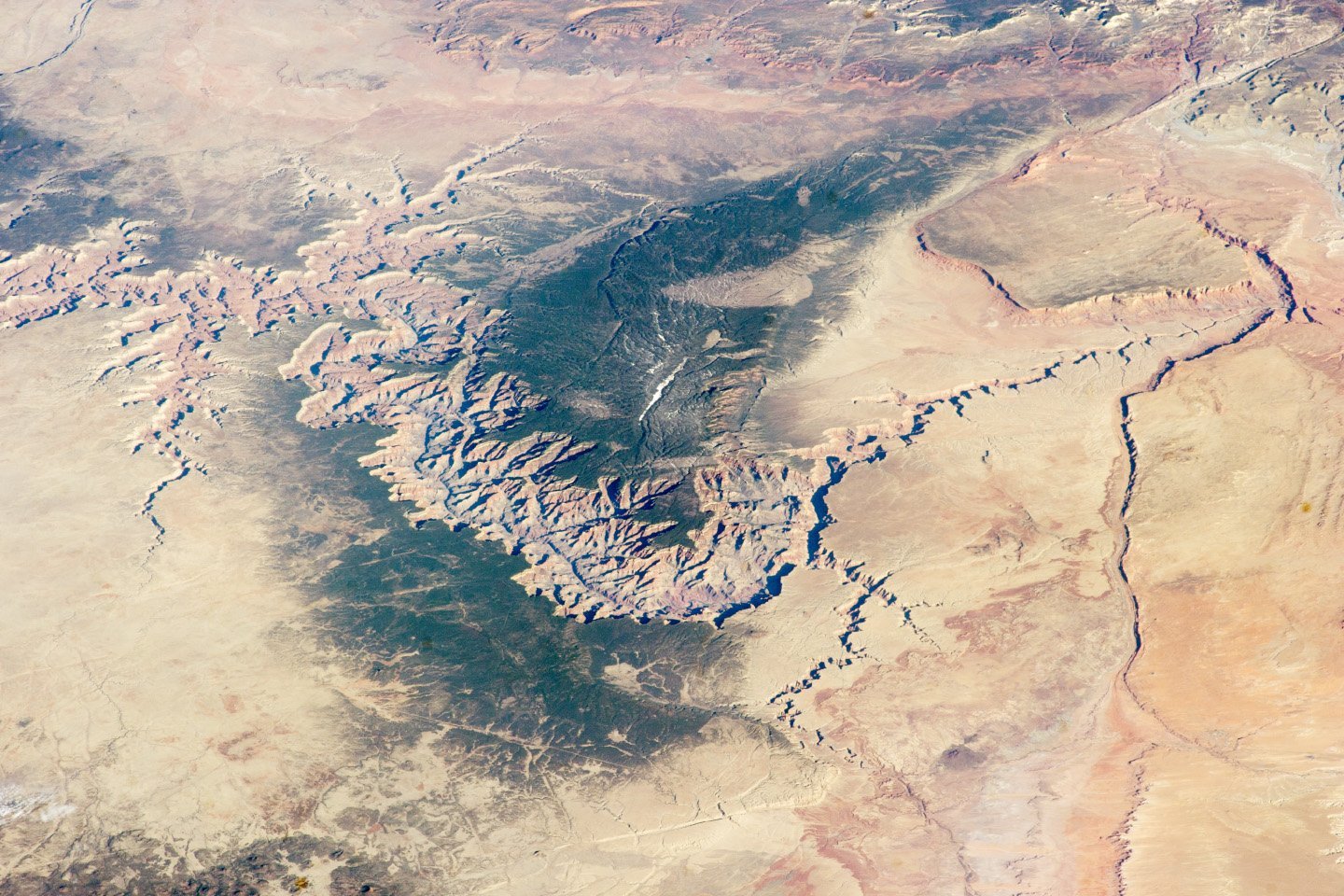The Desert View Watchtower stands as a remarkable architectural testament nestled within Grand Canyon National Park, offering visitors an extraordinary glimpse into the region’s rich cultural landscape. Designed by renowned architect Mary Colter in 1932, this 70-foot stone structure seamlessly blends indigenous architectural traditions with stunning panoramic views of the eastern Grand Canyon, serving as both a historical landmark and a testament to Native American architectural ingenuity.
What Makes Desert View Watchtower Unique?

Who Designed the Watchtower?
Mary Colter, a pioneering architect employed by the Fred Harvey Company, meticulously designed the Desert View Watchtower. Her vision was to create a structure that authentically represented the architectural traditions of Ancestral Puebloan peoples while providing visitors an unparalleled perspective of the Grand Canyon’s magnificent landscape.
What Architectural Inspiration Influenced the Design?
Colter drew inspiration from several prehistoric sites, including:
– Hovenweep National Monument
– Mesa Verde National Park
– Traditional Puebloan architectural techniques
How Does the Watchtower Reflect Native American Culture?
Cultural Elements
- Interior murals by Hopi artist Fred Kabotie depicting traditional myths
- Petroglyph-inspired design elements
- Stone construction mimicking ancient building techniques
What Architectural Features Define the Watchtower?
| Feature | Description | Significance |
|---|---|---|
| Height | 70 feet | Provides expansive canyon views |
| Construction | Local stone and mortar | Blends with natural landscape |
| Interior | Multi-level design | Showcases cultural storytelling |
Where Can Visitors Experience the Watchtower?
Location Details
- Eastern rim of Grand Canyon National Park
- Accessible via Desert View Drive
- Approximately 25 miles east of Grand Canyon Village
What Amenities Are Available?
Visitors can enjoy:
– Gift shop
– Trading post
– Restroom facilities
– Parking area
– Interpretive displays about local indigenous cultures
When Is the Best Time to Visit?
- Spring and fall offer moderate temperatures
- Summer provides longest daylight hours
- Winter offers unique, less crowded experience
How Does the Watchtower Contribute to Historical Understanding?
Historical Significance
- Dedicated in 1933
- National Historic Landmark status
- Represents early 20th-century cultural interpretation
- Honors indigenous architectural traditions
What Photography Opportunities Exist?
- Panoramic canyon views
- Unique architectural perspectives
- Early morning and late afternoon light
- Reflectoscopes for enhanced viewing
Are There Educational Programs?
- Ranger-led cultural demonstrations
- Seasonal indigenous artist presentations
- Educational exhibits about regional history
Practical Visitor Information

Accessibility and Entry
- No specific entry fee for Watchtower
- Standard Grand Canyon National Park admission required
- Wheelchair accessibility available
- Free parking near the structure
Photography and Viewing Tips
- Bring wide-angle lens
- Use tripod for stable shots
- Visit during golden hour for best lighting
- Carry water and sun protection
Conservation and Preservation
The Desert View Watchtower represents more than an architectural marvel; it’s a living museum preserving the cultural heritage of the Colorado Plateau’s indigenous peoples. Its careful design and ongoing maintenance ensure future generations can appreciate this remarkable historical landmark.
Final Thoughts
Mary Colter’s Desert View Watchtower continues to inspire visitors, offering a profound connection between architectural innovation, cultural storytelling, and the breathtaking natural beauty of the Grand Canyon.

